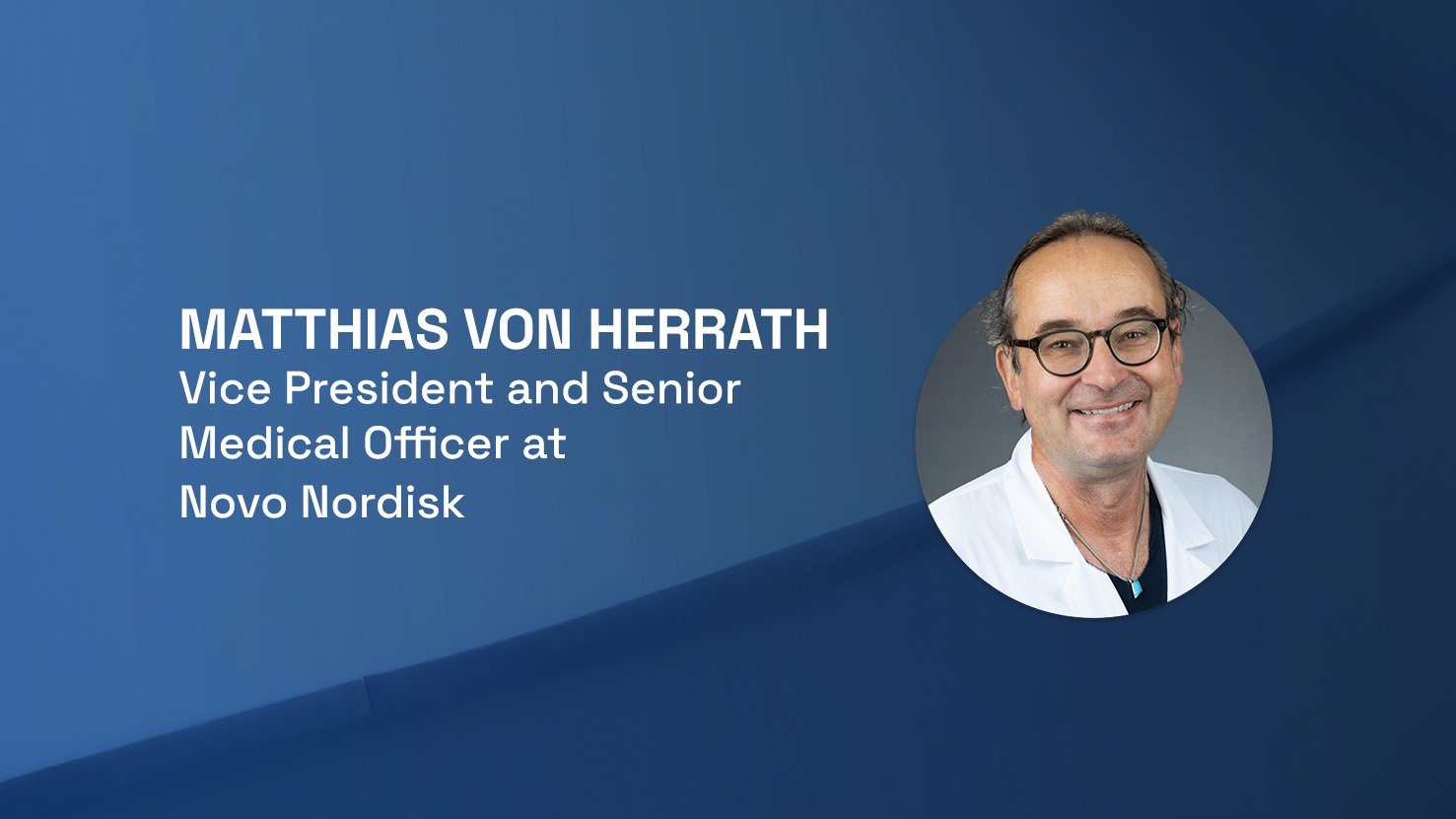Advancing Biomarkers and Diagnostics in Diabetes Clinical Trials

What research do you conduct around type I diabetes?
“Over the last five years, we have built a pipeline for prevention and preserving beta cells in patients who are already at risk or who have already been diagnosed with the disease. If a marker is proven to correlate with a case of success – so in our case, improving glucose control in the diabetes field – then that’s of paramount importance.”
What were some of the most exciting developments in the biomarkers field in 2023?
“The precision with how we can measure the markers has improved pretty much across the board of CROs, as has the data analysis with the emergence of better artificial intelligence methods. We can use probability biomarkers for the prediction of targets, but also for trial outcomes or to validate trial records. That’s tremendously exciting – it’s good for all of us – because it means faster time to the licensure of drugs.”
What will 2024 hold for the biomarkers industry in terms of research and development?
“I think if we have meetings like the one you held, and you bring these very good players to the field, it will help tremendously. What we want to hear more is that the correlation with proven outcomes will be correlated more with clinical outcomes or subsets of disease. We’ll hear more and more stories about that. It’s an exciting field, especially since I came to the event with a more deflated attitude – and I left feeling really inspired.”
How did you find we performed at Biomarkers US 2023?
“You really brought the right players to the table. It was enormously inspiring, I think it was really fantastic – it was a large enough meeting, and you had a lot of vendors there who had very good stories to tell. It was very engaging, and I didn’t expect that. So I’m going to come back next time, and now the bar’s been set. I expect a lot.”
Get your regular dose of industry news and announcements here, and keep up to date with the latest ‘Industry Spotlight’ posts.
Visit our Biomarkers Portal to learn more about the latest research into spatial omics and its developments. If you’d like to register your interest for Oxford Global‘s upcoming Biomarkers UK conference, click here to download an agenda or register your interest.
Speaker Biographies
Prof. Matthias von Herrath, MD is a highly respected and accomplished physician-scientist in the field of immunology and drug development for type 1 diabetes (T1D) in the academic medical research as well as pharmaceutical sector. He is the Scientific Director of the Diabetes Research Institute (DRI) and Stacy Joy Goodman Chair at the University of Miami School of Medicine where he is leading the DRI mission to conduct and accelerate research to delay, prevent and ultimately find a cure for type 1 diabetes. He is widely recognized for his groundbreaking work in understanding the molecular mechanisms of T1D, an autoimmune disease in which the body’s immune system attacks and destroys insulin-producing beta cells in the pancreas, and developing novel therapies for this disease. Dr. von Herrath served as a Professor and Director for the Type 1 Diabetes Research Center at La Jolla Institute for Allergy and Immunology, and also currently serves as Vice President and Senior Medical Officer at Novo Nordisk, a global healthcare company, where he is responsible for overseeing the company’s research and development efforts in diabetes care.





.jpg)
